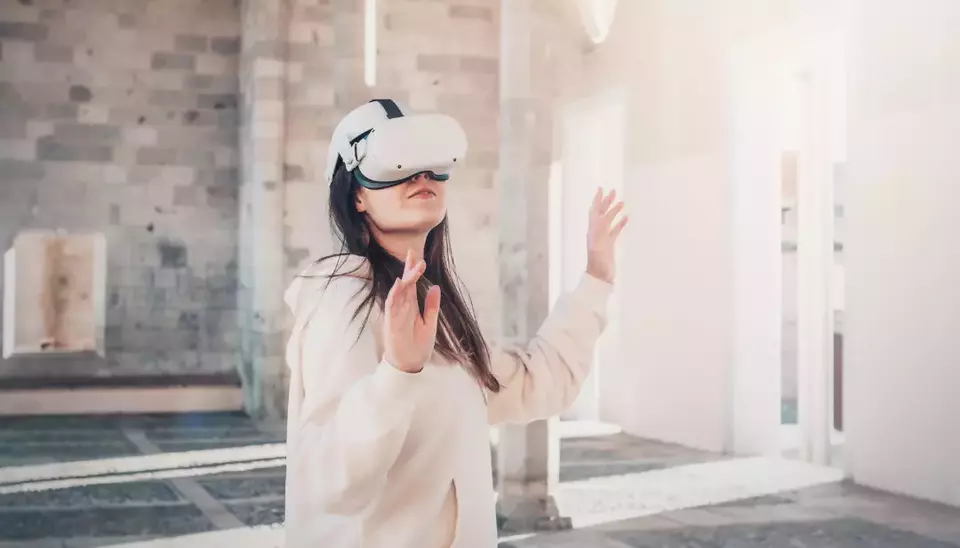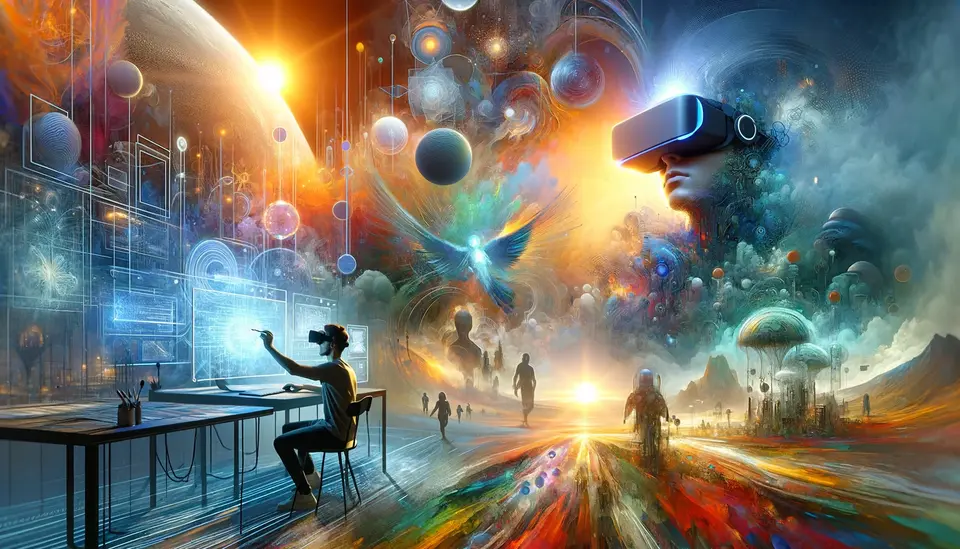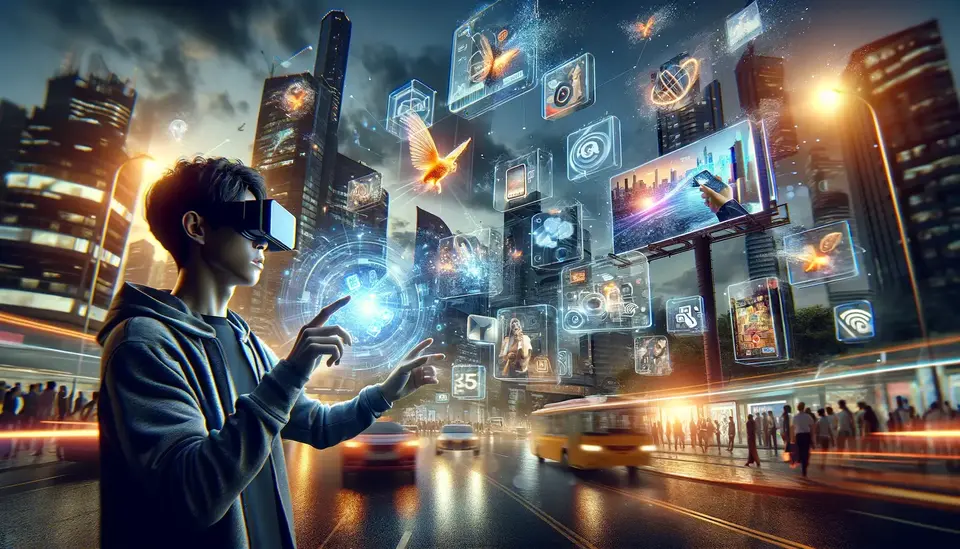Predicting the Impact of Virtual Reality (VR) on Future Travel Trends
Posted on August 11, 2023 4 minutes 775 words
Table of contents
Travel has always been at the heart of human exploration. From setting sail to unknown lands to stepping foot on the moon, our thirst for new experiences and environments is insatiable. As we prepare to navigate the new era of technological innovation, Virtual Reality (VR) stands poised to lead a seismic shift in how we explore the world and beyond. By delivering immersive, interactive, and vividly lifelike experiences, VR is primed to redefine the very concept of “travel.”
VR-enabled Destination Testing
Imagine getting a full, immersive preview of your dream vacation before you ever step foot on a plane. With VR, the future of travel could offer just that. The “try before you buy” model, already popular in various sectors, could soon become a norm in travel planning. Potential travelers could don a VR headset and take a virtual tour of Parisian streets, New York’s hustle and bustle, or the serene beaches of Bali. They could explore hotels, view rooms, and even check out the view from the windows, providing a vivid preview of what to expect.
This could drastically reduce the uncertainty that often comes with travel planning, enhancing customer satisfaction and driving increased tourism. It also opens avenues for partnerships between VR tech companies and travel agencies, creating a whole new niche in the travel industry.
Personalized and Interactive Travel Guides
The future of VR in travel may not just be about replicating physical locations. Imagine VR travel guides that are fully interactive and customizable. Rather than following the itinerary set out in a static guidebook, travelers could explore their favorite cities with the help of AI-powered digital companions.
These guides could provide a wealth of context-sensitive information, adapt to your personal preferences, and even learn from your interactions to better tailor your experience. This development could significantly enhance the depth and richness of self-guided tours, offering an unparalleled level of engagement and immersion.
Immersive Language Learning Experiences
Language barriers have long been a challenge in international travel. However, VR could provide a solution. Imagine a future where you can learn Spanish by virtually navigating the streets of Barcelona or understand Japanese culture by participating in a traditional tea ceremony in Kyoto, all from the comfort of your home.
By immersing learners in practical, real-world scenarios, VR can enhance language learning, making it more engaging and effective. This could lead to enriched travel experiences, as travelers communicate more confidently with locals, fostering cultural exchange and understanding.
Sustainable and Eco-Friendly Travel
As we grapple with the pressing need to protect our planet, sustainability has become a critical factor in all industries, including travel. VR can provide an eco-friendly travel alternative, allowing individuals to explore remote corners of the world with zero carbon footprint.
By offering VR nature tours, wildlife experiences, or visits to delicate ecosystems, we can reduce human impact on these areas while still enabling people to appreciate their beauty. This could contribute significantly to conservation efforts and promote responsible tourism.
Time Travel Tourism
VR’s potential isn’t just limited to traversing geographical boundaries—it could also enable us to cross temporal ones. Future VR experiences might include historically accurate recreations of different time periods, offering an educational and thrilling form of tourism.
Imagine stepping into a bustling medieval marketplace, witnessing the signing of the Declaration of Independence, or walking the battlefields of World War II. These “time travel” experiences could give us a new appreciation for history, bringing the past to life in a way that books and documentaries simply cannot.
Space Tourism
The vast expanse of space has always intrigued us, inspiring countless stories, theories, and explorations. With VR, space—the final frontier—could become the next hot destination for virtual travelers.
Imagine floating above Earth, looking at our blue planet from the International Space Station, or stepping foot on Mars, or navigating through the rings of Saturn. VR could make space tourism accessible and affordable, igniting curiosity and inspiring a whole new generation of astronomers, astrophysicists, and maybe even astronauts.
Conclusion
The intersection of VR technology and travel is filled with exciting possibilities. It promises to challenge our traditional notions of travel and exploration, making the world more accessible than ever before, and enabling us to venture into new frontiers, both in history and space. While there are still challenges to overcome and ethical considerations to take into account, the future of travel with VR certainly seems poised to take us on an incredible journey. One thing is clear - we’re standing on the precipice of a transformative shift in travel as we know it, and the view from here is truly spectacular.








